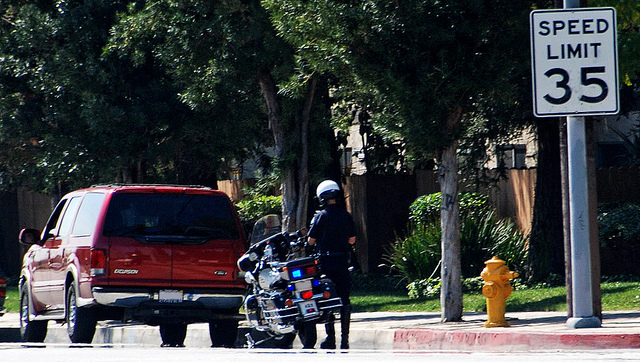Driving without a license in Santa Clarita happens all the time. As a matter of fact, when Santa Clarita Sheriff’s Station deputies hold DUI checkpoints, they often ask motorists to show them their driver’s license even when they aren’t suspected of driving under the influence. Incidentally, this usually leads to more arrests at checkpoints for driving without a license than for actually being drunk behind the wheel.
California Vehicle Code 12500 (a) VC makes it illegal for someone to drive in California without a valid driver’s license. For a driver’s license to be valid, it doesn’t necessarily have to be issued by the State of California DMV, it just has to be a valid license issued by the state in which the holder lives that verifies licensing for the type of vehicle the person is driving. For example, if an individual is driving a motorcycle, they will need to be in possession of a driver’s license indicating they are legally able to do so.
To be charged with violating VC 12500 (a), an individual must be caught driving under one of the following circumstances:
- The driver never legally obtained a license
- The license expired and the driver failed to renew it
- The driver is a California resident but did not get a California driver’s license
- The driver is ineligible for a driver’s license
Sometimes, when a person is found driving without a license, they won’t be immediately arrested. Instead, the police will issue a citation to the driver. Once the citation has been issued, the driver (or their lawyer) will need to go to the court and schedule a court date. If nobody shows up, the judge will likely issue a bench warrant for the defendant.
VC 12500 (a) is a “wobbler,” because it can be charged as either a misdemeanor or a non-criminal infraction (as opposed to other “wobblers” that can be charged as misdemeanors or felonies). The severity of the charge will, as usual, depend upon the circumstances of the violation and the defendant’s riving history.
Misdemeanor penalties include informal probation for up to 3-years, up to 6-months in county jail and/or a $1,000 fine, and possible 30-day impound of the defendant’s vehicle. For non-criminal infractions, the penalty is a maximum fine of $250.
